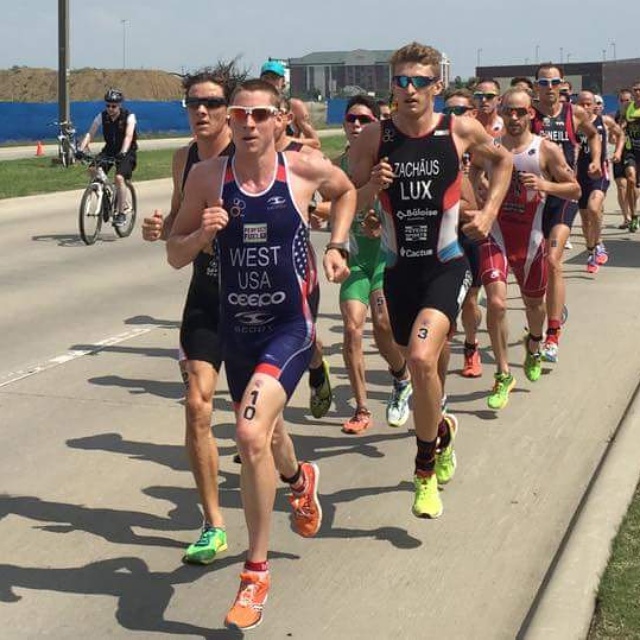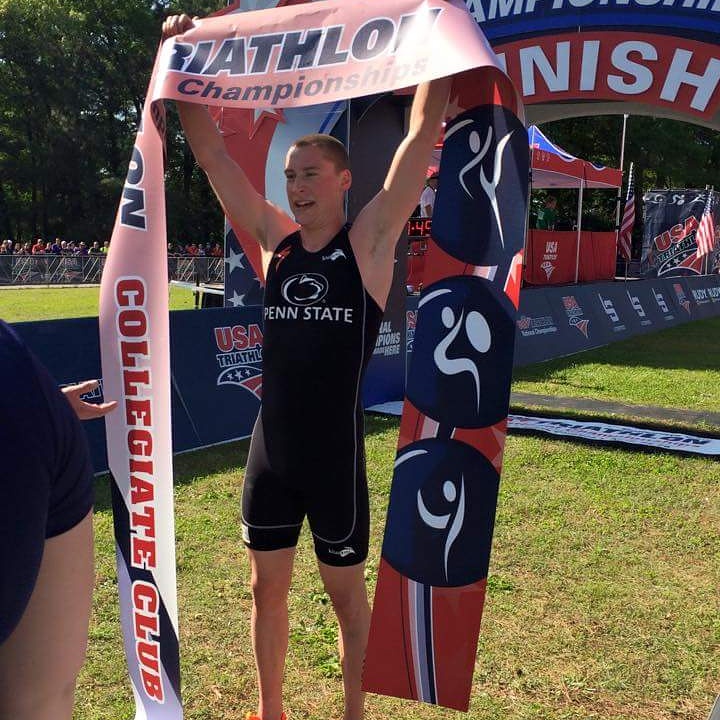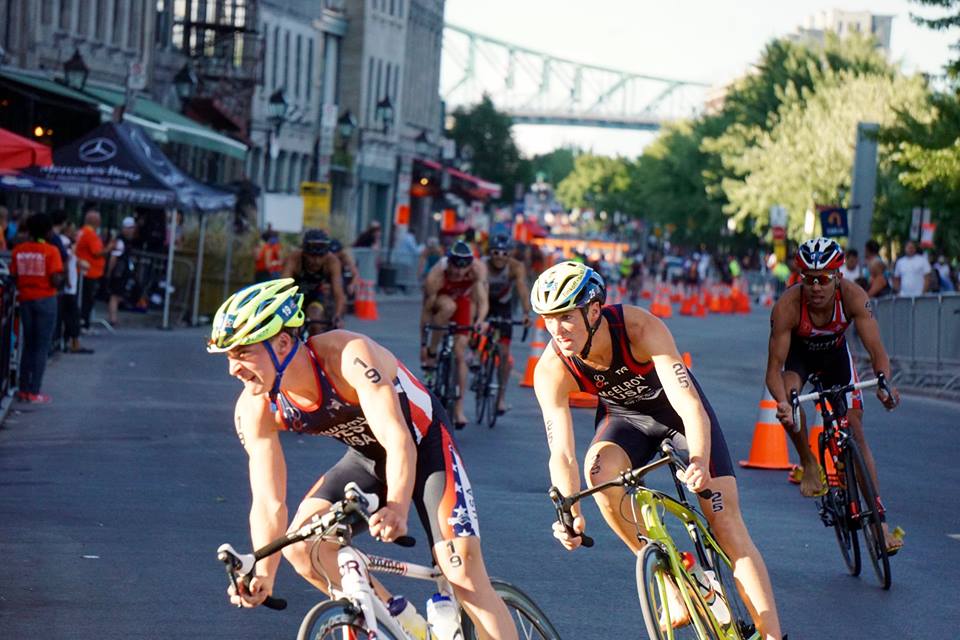1. Can you tell us a little bit about what got you into triathlon?
I swam in the summers as a child, but nothing serious, and I used to run occasionally to stay fit. One day, my father and I just decided to sign up for one. We trained for about three weeks on mountain bikes. The race was not pretty, but we did it, and I just built from there ever since.
2. Were you competitive in other sports?
I actually grew up wrestling for most of my childhood. I think I learned a lot of toughness there, and it gave me lots of general athleticism that I can really apply into everything I do.
3. What are some of your career highlights in endurance sports?
2015 Collegiate National Champion
2016 USA National Team Member
2017 ITU Richmond- 1st
2017 ITU Hamilton, Bermuda- 2nd
2017 St. Anthony’s Triathlon- 3rd
2015 ITU Cartagena, Colombia- 1st
2015 ITU Puerto Rico- 1st
4. What brought you to Boulder for training?
I came out right after graduating from Penn State. I wanted to work with the Apex group, and Boulder is where they are based. I felt I needed to make the move to really commit to it.
5. Tell us a little bit about your training philosophy, especially in relation to staying healthy and injury free.
If you’re hurt, you can’t race. So, no matter how much you see someone else doing, you’ve got to do what’s best for you. Personally, I am a very low-mileage runner, but that works for me. It keeps me healthy, but I can still get my aerobic fitness on the bike and in the water and have it transfer over. I also very disciplined in my strength work. I feel that heavy strength work is essential to stay healthy. You can’t keep building your muscles back up if you don’t break them down, so the strength work is the one thing I think keeps me the healthiest.
6. What’s your favorite recovery food?
I’ve always like chocolate milk right after sessions. It tastes great and is very refreshing. My most common meals tend to be pretty simple- rice or pasta with vegetables and a piece of meat. I tend to eat a lot of red meat. But I always think of my meals as a good carb, protein, and veggies and I know I’ve got what I needed.
7. How important is stretching and weight-training in your training cycles?
Strength work is always the first think I need to get back to in every training block between races. We do so much repetitive exercise that I think it is easy for the tissues to get weak. Breaking down and remodeling keeps everything healthy, and it’s a great way to reintroduce some load. I also tend to foam roll and stretch every day. I try to do it immediately after my sessions so that nothing settles in at a tightened state. I see my recovery after as important as the session. Everybody is out tearing themselves apart, but you need to allow your body to maximize what you just gave it.
8. What role does Physical Therapy play in your training?
There are a lot of issues that I can’t get to with a foam roller or a stretch, and sometimes there are issues that can be diagnosed that I can’t find myself. Regular assessments can tell me where I need to focus my attention on, and what might be tightening up. I can also work backwards and once we find what issues I have, try to look at what I am doing with my biomechanics that might be contributing. So it can also be a tool to help me better with my training. I like dry-needling. Sometimes I just can’t get deep enough and stretching doesn’t seem to be effective, but going right to the point of issue can be really effective.
9. How many workouts a week are you doing?
It fluctuates, but I probably do about 20 sessions per week. Sometimes less, sometimes more.
10. If you could be successful at any other sport, what would it be and why?
I’ve always loved watching short-track speed skating at the winter olympics. I think it is incredibly exciting, and takes such a blend of power, fitness, and skill.
11. What’s the hardest decision you’ve ever made?
I think to stop wrestling was very difficult for me. I had done it for such a long time, and I never wanted to quit anything. I never want to feel like I’ve failed at something or given up. But, if your heart isn’t with something anymore, you’ve got to listen. Looking back, I really miss it, but all of our choices somehow lead us to where we are today. I may have never found triathlon if I didn’t, so who knows.
12. What are some of your competitive goals for 2017 and 2018?
This year I want to have an injury-free year and just get back to racing at a high level. Last year was very difficult with being hurt almost all year, and it was very deflating. So far this season has gone very well, and I am feeling great, so I hope to continue having success. I want to get more experience racing the World Triathlon Series, and put myself in a good position when it comes time to qualify for Tokyo in 2020.



